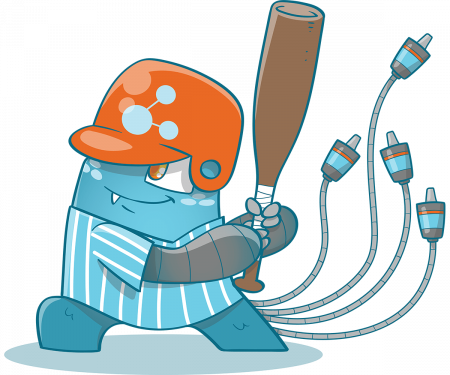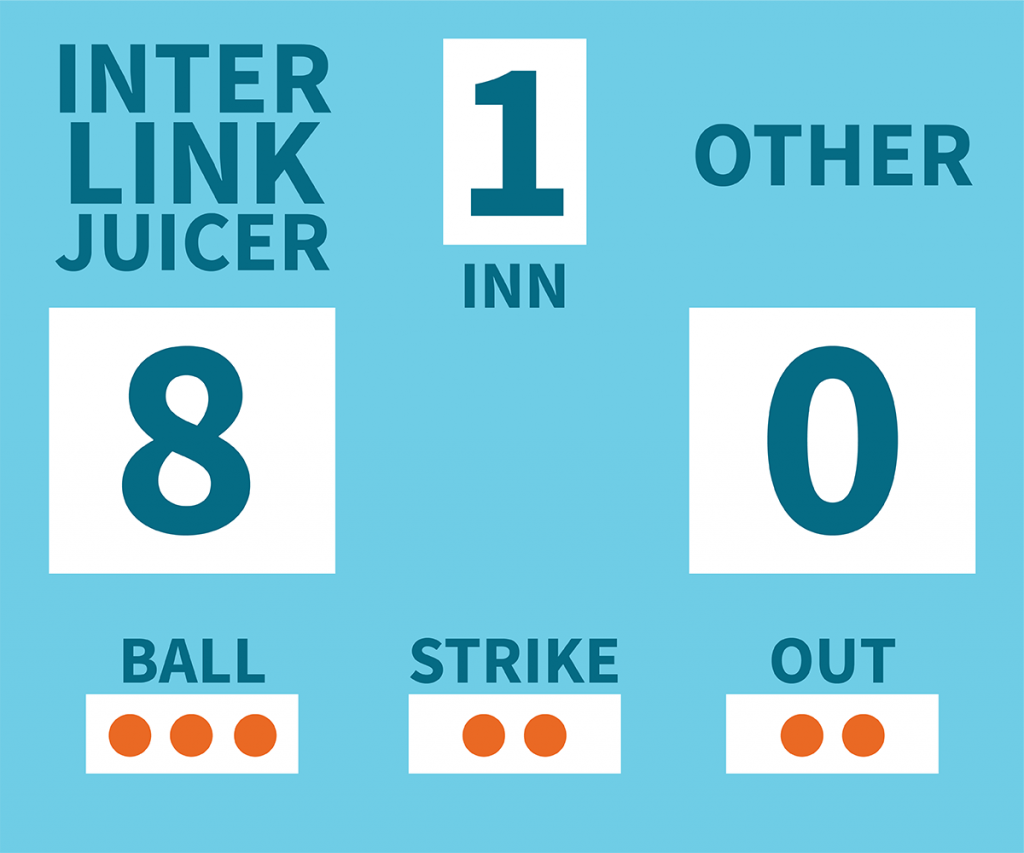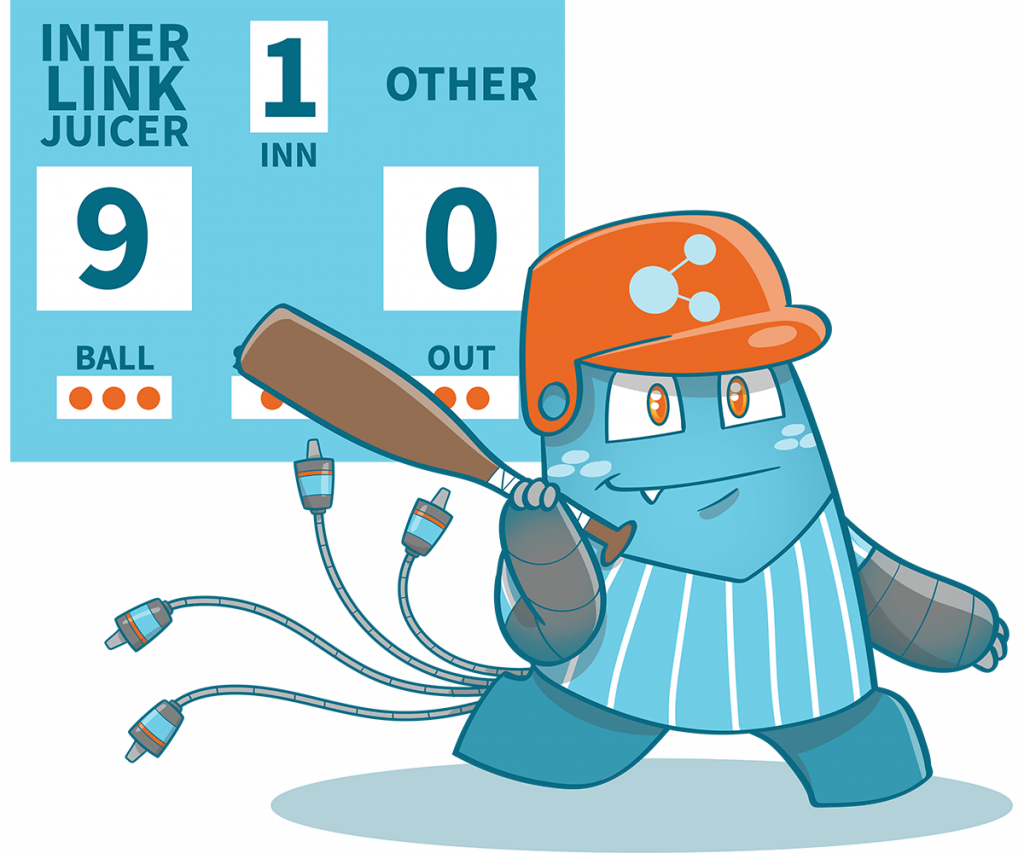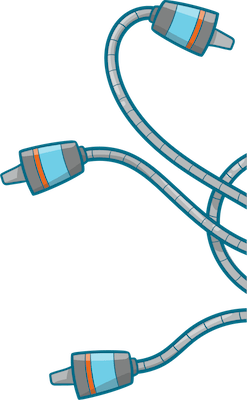PageRank Algorithm: How Does it Work and What is Its Impact on SEO?

PageRank Algorithm is one of the most important aspects of SEO. It is also one of the most misunderstood. In this blog post, we will discuss how it works and what its impact on your website is. We will also talk about how you can improve your page rank and get better search engine rankings.
What is PageRank Algorithm?
PageRank algorithm is a system that is used by Google to rank websites in their search engine results pages (SERP). It was developed by Larry Page and Sergey Brin, who were the co-founders of Google. The algorithm uses a number of factors to determine the ranking of a website. These include the number and quality of inbound links, the age of the website, the number of pages on the website, and the keyword density of the content.
Inbound Links
Inbound links, also known as backlinks, are links that point from other websites to your website. They are one of the most important factors in determining your website’s ranking. The number of inbound links is a good indicator of the popularity or importance of your website. Google uses the quality and quantity of inbound links to determine the PageRank of a website.
The Age of a Website
The age of a website is another important factor in determining its PageRank. Older websites are usually given more weight than newer websites. This is because they have had more time to build up their inbound links and keyword density.
Number of Pages on the Website
The number of pages on the website also plays a crucial role in determining the PageRank that a particular website will receive. This is because the more pages there are, the more opportunities there are for inbound links and keywords.

Search Engine Results Page (SERP) Rankings
SERP rankings are the positions that a website is listed in the search engine results pages. The higher the ranking, the more likely people will find your website. In determining the position of a particular website, search engines use different factors, including PageRank.
PageRank Algorithm: How Does it Work?
Most people who are familiar with SEO know that the PageRank algorithm is one of the most important aspects of getting good search engine rankings. However, what many don’t realize is how this algorithm actually works or what factors influence its calculation.
PageRank is an algorithm that was developed by Google. The aim of the algorithm was to help identify which websites were more important and should therefore rank higher on search engine results pages. The algorithm does this by looking at the number and quality of links pointing to a website.
The thinking behind this is that if a lot of other websites are linking to a particular website, then it must be popular and contain good content. Therefore, it should be ranked higher than other less popular websites.
It’s worth noting that not all links are equal. A link from a high-quality website is worth more than a link from a low-quality website. This is because Google also looks at the quality of websites when determining rankings. A link from a website with a high PageRank will have a bigger impact than a link from a low-PageRank website.
PageRank and SEO: Tips to Increase Your Metrics
PageRank and SEO are tied together since SEO is all about improving your website’s visibility and search engine rankings. A high PageRank will help your website rank higher in search results, while a low PageRank will hurt your rankings.
There are a number of things you can do to improve your PageRank. Here, we have listed the most important tasks for you to increase the metric.
Always Get Links from High-Quality Sites
Getting links from high-quality sites is probably the most obvious step to increasing your PageRank. When Google sees that you get links from high-quality websites with a high PageRank it assumes that your website is also high quality.
There are times when you have the option to get links from a lot of low-ranking websites rather than two or three high-ranking ones. Always choose the option to get links from high-ranking websites. This will help improve your website’s PageRank.
Clean Up Bad Links
Another tip to help improve your metrics is to clean up bad links pointing to your website. These are links from low-quality websites or websites that have been penalized by Google.
Bad links can hurt your website’s PageRank and SEO in two ways. First, they can direct traffic away from your website since people will be less likely to click on them. Second, Google may think that your website is associated with a low-quality website and penalize your site as a result.
You can check for bad links using Google’s Search Console. Simply go to the “Links” section and look for any links that are from low-quality websites or have been flagged by Google. You can then contact the website owner and ask them to remove the link.
If you’re knowledgeable about disavowing links, that can also be an option. This process involves telling Google to ignore certain links pointing to your website. You can use the disavow tool in Google’s Search Console to do this.

Diversify Your Backlink Profile
Your backlink profile is also an important aspect of your website’s PageRank. A backlink is a link from another website to your own. The more backlinks you have, the higher your PageRank will be.
However, it’s not just about the number of backlinks you have. Google also looks at the quality of websites that are linking to you. It’s better to have two or three high-quality backlinks than a hundred low-quality ones.
You can improve the quality of your backlink profile by diversifying it. This means having links from a variety of different websites rather than just a few. You can do this by guest posting on other websites and adding your website to directories.
Create Linkable Content
Improving your metrics isn’t just about technical stuff. Sometimes, it is as easy as creating better content. Creating linkable content is one of the best ways to increase your website’s PageRank.
Linkable content is simply content that other people will want to link to. This could be a blog post, an infographic, or even a video. The key is to create something that is interesting and useful. Once you have created it, promote it and make sure people know it exists.
If you can get other websites to link to your content, then you will see a significant increase in your website’s PageRank.
Excellent content follows the E-A-T guideline. This stands for Expertise, Authoritativeness, and Trustworthiness. This means that your content should be written by an expert on the topic and be accurate and trustworthy.
An article that follows this guideline usually contains in-depth information that is well-researched and free from errors. This type of content is exactly what people are looking for and is more likely to get linked to.
Google uses these factors when determining whether to rank a piece of content higher in search results. So if you want to create linkable content, make sure it is E-A-T compliant.
PageRank and Domain Authority: What’s the Difference?
PageRank and Domain Authority are two different metrics that are often confused. They are both used to measure a website’s quality but are not the same thing.
Domain Authority is a metric created by Moz. It is a score from 0-100 that predicts how well a website will rank in search engines. PageRank is a metric created by Google that measures the quality of websites. It is a score from 0-100. Domain Authority is a more accurate predictor of search engine rankings than PageRank. However, both metrics are useful for measuring the quality of a website.
If you want to improve your website’s SEO, then you should focus on increasing your Domain Authority. This can be done by improving the quality of your website’s content, getting links from high-quality websites, and diversifying your backlink profile.
Doing all of these things will help improve your website’s Domain Authority score and, in turn, help you rank higher on search engine results pages.

Does PageRank Still Matter?
PageRank is still an important metric for SEO. However, it is not as important as it once was. This is because Google has made changes to its algorithm that place more emphasis on other factors like content quality and backlinks.
That being said, PageRank is still a valuable metric for measuring the quality of your website. If you want to improve your website’s SEO, then you should focus on increasing your Domain Authority and creating high-quality content. Doing these things will help improve your website’s PageRank and help you rank higher on search engine results pages.
Once you’ve started receiving links from other powerful websites, it is time to distribute the link juice you’re receiving! You can do this by building internal links on your website. If you want to make your link-building process automated, check out the Internal Link Juicer now!

